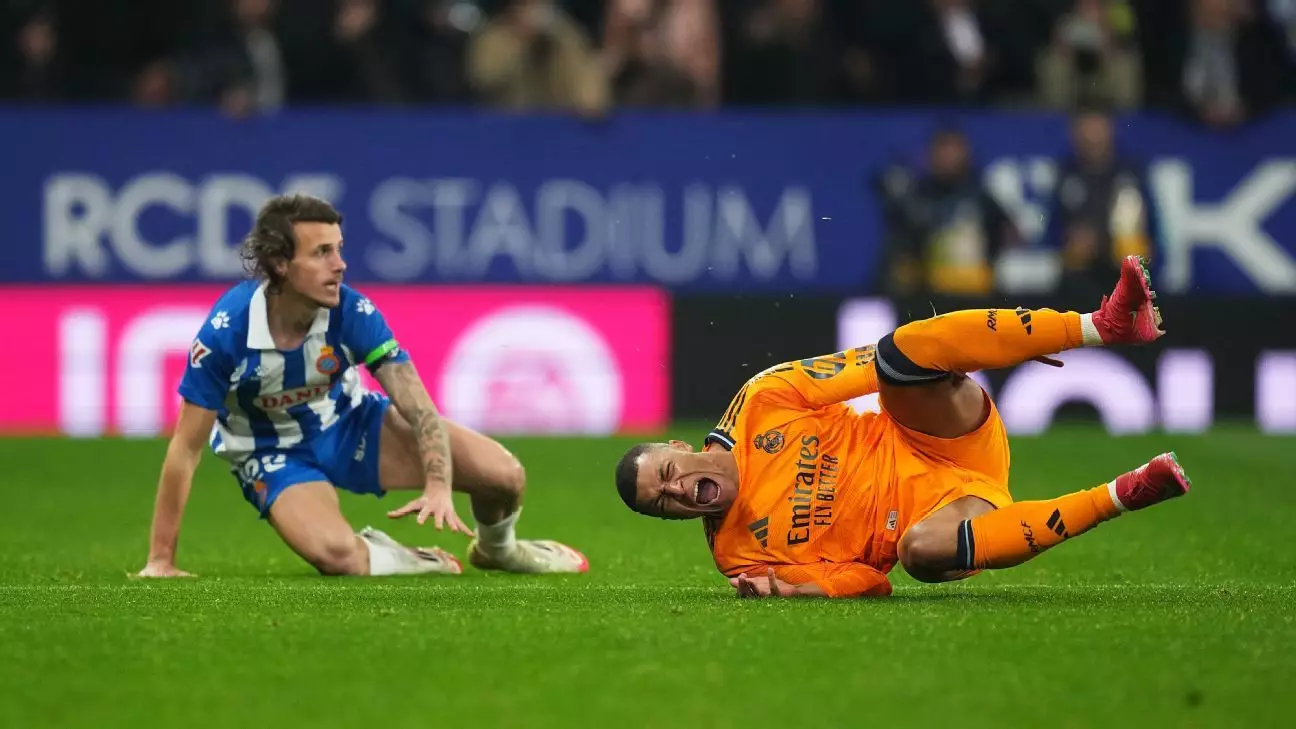The landscape of Spanish football is on the brink of significant transformation, as the Royal Spanish Football Federation (RFEF) embarks on a bold new chapter in its approach to refereeing. The recent dismissal of both Luis Medina Cantalejo, head of the Technical Committee of Referees (CTA), and Carlos Clos Gómez, the head of VAR, indicates a pronounced shift in direction as the Federation seeks to rectify ongoing issues surrounding officiating standards. This decision reflects a growing acknowledgment of the mounting challenges within the refereeing system and the urgent need for a more responsive and adaptive framework.
The Need for Reform
The imperative for reform stems not only from a general dissatisfaction among clubs but also from specific incidents that have sparked outrage, particularly from giants like Real Madrid. Their vocal complaints about officiating decisions underscore a wider sentiment that has festered across the league. By prioritizing a new structure for refereeing through an inclusive dialog that involves various stakeholders—such as representatives from the refereeing community and professional clubs—the RFEF appears to be committed to fostering a culture of accountability and transparency. This overhaul is not merely a cosmetic adjustment but a necessary evolution in spirit and practice, aiming to enhance the integrity of Spanish football.
Challenges and Criticism of Previous Leadership
Medina Cantalejo and Clos Gómez have been under intense scrutiny, particularly in light of controversies surrounding their management of VAR technology and officiating protocols. Their tenures coincided with high-profile incidents that triggered public outcry and diminished trust in the officiating process. The investigation into the Negreira case, where it was alleged that Barcelona made corrupt payments to officials, further tarnished the integrity of the refereeing system while raising questions about the ability of current leadership to oversee a fair framework. The RFEF’s decision to dismiss such figures indicates a strong stance against maintaining the status quo and an intent to address these integrity concerns head-on.
A Vision for the Future
As the RFEF gears up to announce a new structure for the CTA, the anticipation around the upcoming changes is palpable. Stakeholders are looking for assurances that this new vision is not merely a reaction to past failures but a comprehensive strategy for future excellence in officiating. The integration of diverse perspectives from various football entities suggests a more holistic approach, with a focus on refining both the training of referees and the implementation of VAR. These changes are not only about improving officiating; they herald a greater shift towards a football culture that prioritizes fairness, transparency, and mutual respect.
The Broader Implications for Spanish Football
Ultimately, the RFEF’s progressive steps could have profound effects on the trajectory of Spanish football as a whole. While many will be closely monitoring how these changes impact the day-to-day governance of matches, the broader implications are equally significant: a strengthened refereeing culture could restore faith among fans and clubs alike, thus enhancing the overall integrity of the competition. By taking decisive action now, the RFEF is not just addressing immediate concerns but is laying a foundation for a brighter future in Spanish football—one that champions fairness and equitable competition.

Leave a Reply